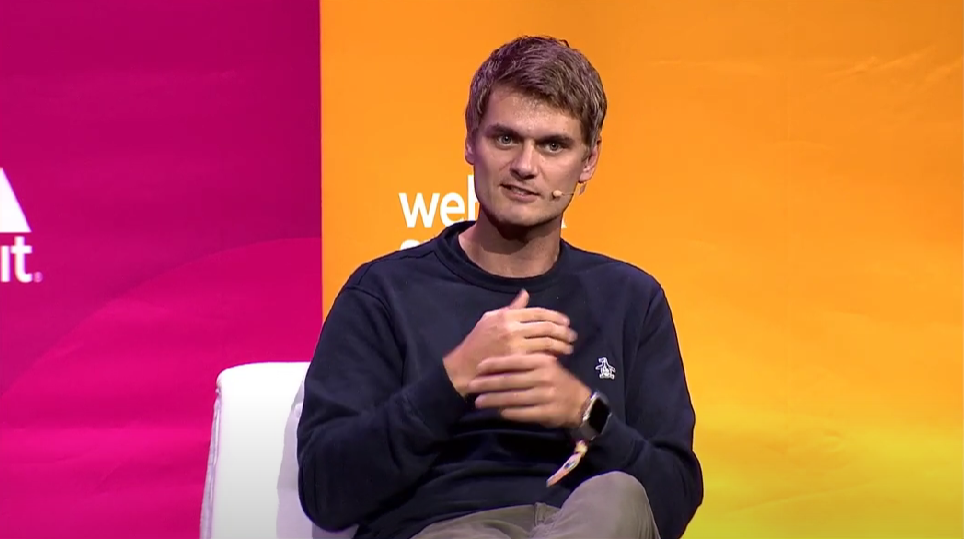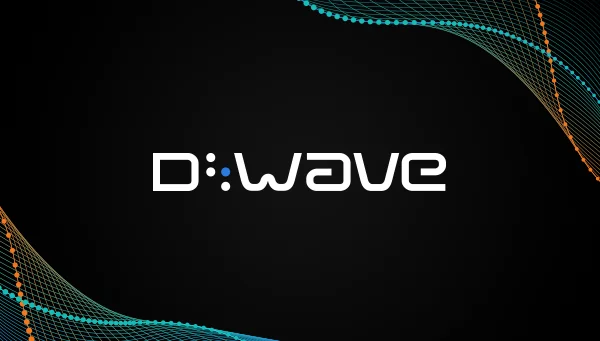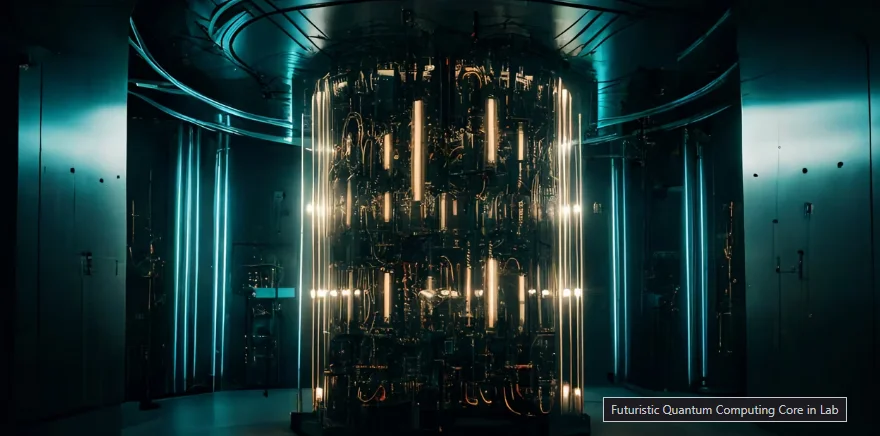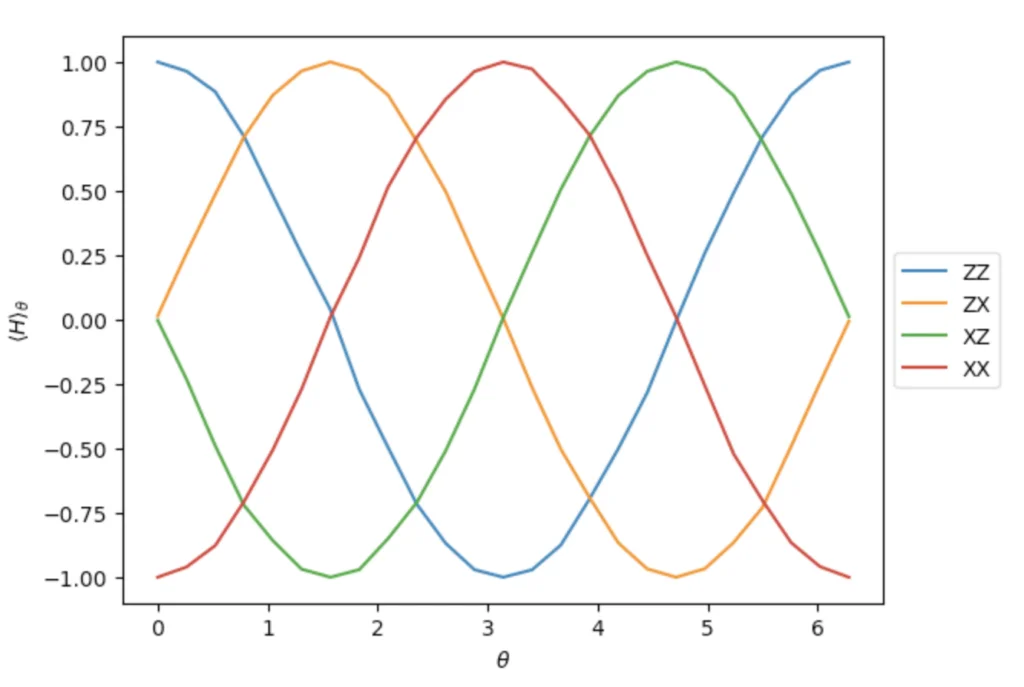Just made public by his company, Sebastian Weidt, CEO of Universal Quantum, provided valuable insights into the future of quantum computing at the Web Summit in Lisbon in November 2023. While acknowledging the current hype surrounding the technology, Weidt underlined the long-term potential and challenges facing the industry.
Weidt explained quantum computing as “a new form of doing computations” that utilizes strange quantum effects to solve problems exponentially faster than traditional supercomputers. However, he cautioned that significant scaling is required before quantum computers can deliver on their promise.
“We really need to scale these machines from where we are at the moment tens of qubits hundreds of qubits to millions of qubits,” said Weidt. “That’s a scary target that we’re aiming for here, but this is what ultimately must happen to unlock these applications.”
Quantum error correction is, indeed, one of the fundamental problems with quantum computing. Weidt added that inherently, quantum systems were fragile and prone to errors. This is countered by developing error correction algorithms, which also need many physical qubits to create logical qubits of stability.

Regarding potential applications, Weidt expressed excitement about drug discovery: “I think there’s a lot of excitement for me personally as well around drug discovery. I think using these quantum computers to understand chemical reactions better, molecular structures better, which is at the heart of developing new drugs and currently is really hard using our currently available computing technology.”
When asked about the timeline for practical quantum computers, Weidt was cautiously optimistic.
“It would be nice to get some utility to something where you really feel a change because of quantum computing maybe a new drug was developed because of that, maybe we understand climate change better, maybe a new material,” he answered. “There’s a huge push to do that this decade, but I think this can definitely leak into the next decade as well.”
Weidt also addressed concerns about quantum computers breaking current encryption systems. He urged businesses to prepare now: “Please, please, please look at your encryption algorithms and check if they are quantum secure. Please make those changes now.”
Looking to the future, Weidt sees a hybrid computing architecture where quantum and classical computers work together seamlessly. He punctuated that quantum computers won’t replace classical systems but will complement them for specific problem-solving tasks.
As the quantum computing field continues to evolve, Weidt’s insights provide a balanced perspective on both the challenges and immense potential of this groundbreaking technology.
Featured image: Credit: Web Summit
















